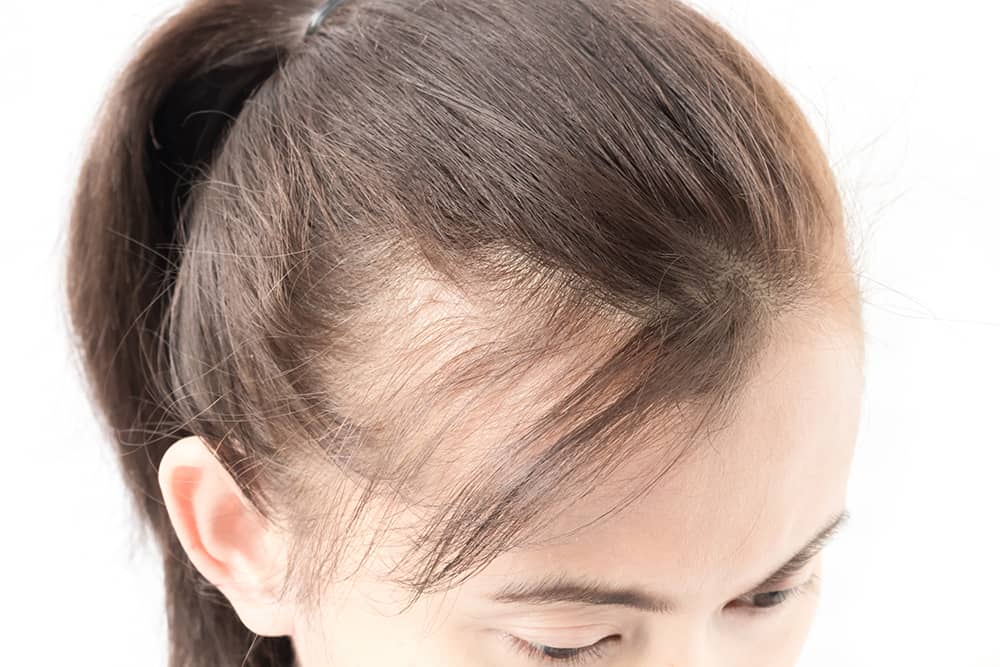Hair thinning can occur due to a variety of reasons, including genetic factors, hormonal changes, nutritional deficiencies, stress, and certain medical conditions. It’s a common issue that affects both men and women and can be temporary or permanent depending on the underlying cause. Understanding the specific reasons behind hair thinning is crucial for determining the most effective treatment or management strategy.
Common Causes of Hair Thinning
1. Genetic Factors: Perhaps the most well-known cause of hair thinning is androgenetic alopecia, also known as male or female pattern baldness. It’s a hereditary condition that affects many individuals and involves a predictable pattern of hair loss.
2. Hormonal Changes: Hormones play a significant role in regulating hair growth. Changes in hormone levels due to pregnancy, childbirth, menopause, or thyroid problems can lead to temporary or permanent hair thinning.
3. Nutritional Deficiencies: A lack of essential nutrients such as iron, protein, vitamins (particularly B vitamins), and minerals can impact hair health and lead to thinning. A balanced diet is crucial for maintaining healthy hair growth.
4. Stress: Both physical and emotional stress can trigger a type of hair loss known as telogen effluvium. This condition causes hair follicles to enter a resting phase prematurely, leading to increased hair shedding and thinning.
5. Medical Conditions: Various medical conditions, including autoimmune diseases (such as alopecia areata), scalp infections, and skin disorders, can contribute to hair thinning.
6. Medications: Certain medications used to treat cancer, arthritis, depression, heart problems, and high blood pressure may have side effects that include hair thinning or loss.
7. Hairstyling and Treatments: Excessive styling, heat treatments, and chemical products can damage hair follicles, leading to hair thinning over time.
Addressing Hair Thinning
1. Medical Consultation: If you notice significant hair thinning, it’s important to consult a healthcare provider or dermatologist to identify any underlying medical conditions or factors contributing to the issue.
2. Nutritional Support: Ensuring a diet rich in essential vitamins and minerals can help support hair health. In some cases, supplements may be recommended to address specific deficiencies.
3. Stress Management: Techniques such as exercise, meditation, and counseling can help manage stress levels and potentially reduce stress-related hair thinning.
4. Gentle Hair Care: Minimize the use of harsh chemicals, heat styling tools, and tight hairstyles that can contribute to hair thinning. Opt for gentle hair care products and treatments that nourish the scalp and hair.
5. Medications and Treatments: Depending on the cause of hair thinning, certain medications (like minoxidil or finasteride) or treatments (such as platelet-rich plasma therapy or low-level laser therapy) may be recommended by a healthcare professional.
Conclusion
Hair thinning is a multifaceted issue with various potential causes, from genetic factors to lifestyle and environmental influences. Identifying the root cause is essential for finding an effective treatment or management approach. With the right care, changes in diet, stress management techniques, and possibly medical intervention, it’s possible to address hair thinning and promote healthier hair growth.
